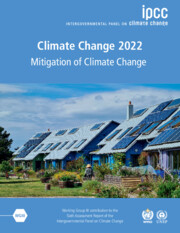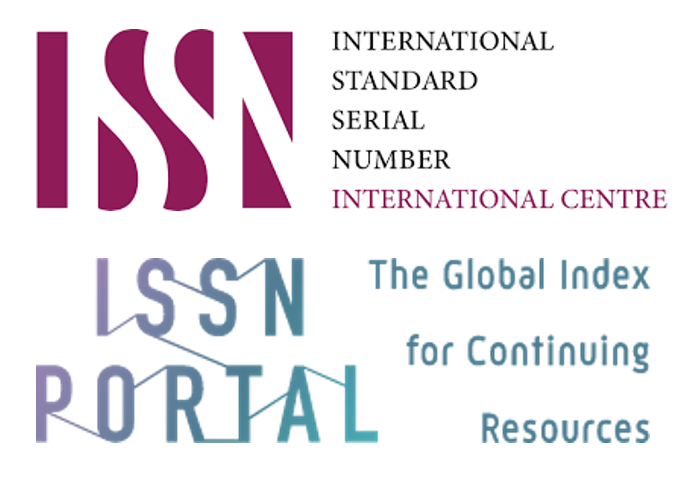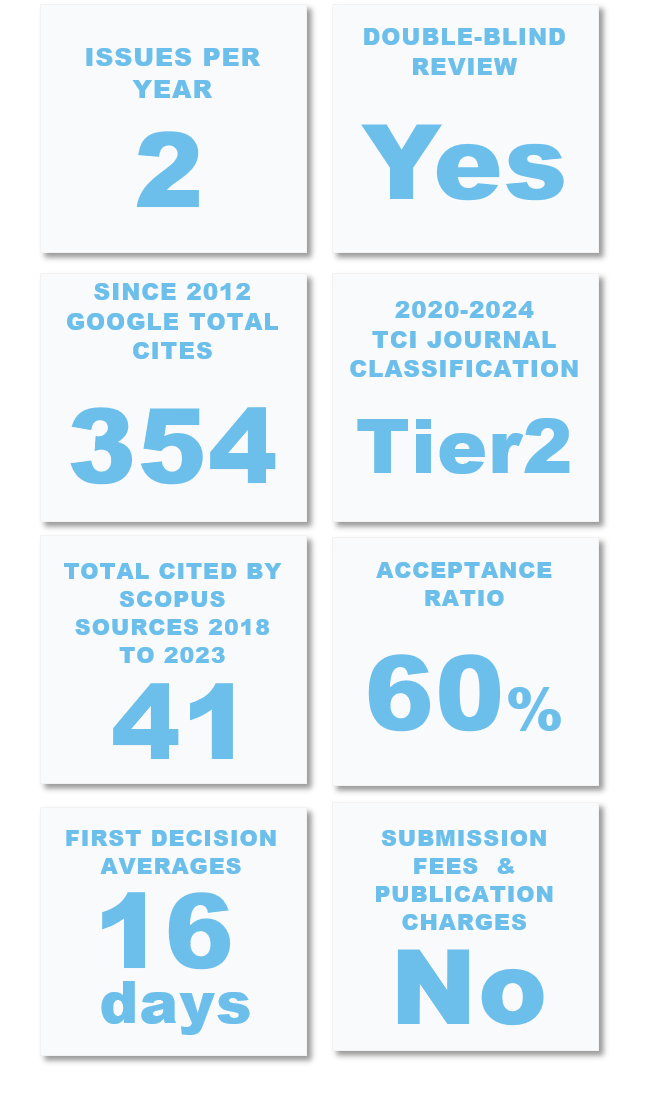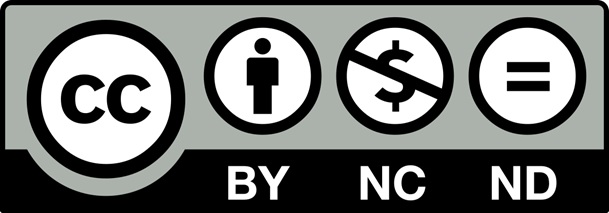Climate Change 2022 Mitigation of Climate Change: Urban System
DOI:
https://doi.org/10.56261/built.v22.251630Keywords:
Climate change mitigation and adaptation, IPCC, net zero emissions, co-benefits, synergy and trade-off, urban system.Abstract
The Sixth Assessment Report of the Intergovernmental Panel on Climate Change (IPCC-AR6) assesses literature on the scientific, technological, environmental, economic, and social aspects of mitigation of climate change. The IPCC-AR6 integrates factors of developments in the UN Framework Convention on Climate Change (UNFCCC) process. It includes the Kyoto Protocol and the Paris Agreement, and the UN 2030 Agenda for Sustainable Development including the Sustainable Development Goals (SDGs). This paper reviews the urban system and its pathways in transition to the net zero emissions. The key messages of urban mitigation in the IPCC-AR6 are presented. It is found that the urban green and blue infrastructure can contribute to climate resilience through carbon sequestration, emissions reduction, and energy and material efficiency. It also contributes multiple co-benefits. To achieve urban transformational changes, it requires climate finance and engagement of multiple scales of governance. This includes governments and non-state actors. A knowledge gap to achieve net-zero-emissions cities is highlighted, and a case study of climate resilient development in Thailand’s building sectors towards a low carbon society is discussed.
Downloads
References
Reference
DEDE (2023), The Building Energy Code (BEC): database comprises regulations enforcing energy standards for buildings. Department of Alternative Energy Development and Efficiency, Ministry of Energy.
IPCC (2022), “Climate Change Mitigation: Urban system”, The Sixth Assessment Report of the Intergovernmental Panel on Climate Change.
TGO (2019), “Thailand's involvement in the mission to reduce greenhouse gas emissions”. The supporting documents for the T-VER (Voluntary Emissions Reduction) project, a mechanism for reducing greenhouse gas emissions. December 23, 2019.

Downloads
Published
How to Cite
Issue
Section
License
Copyright (c) 2024 International Journal of Building, Urban, Interior and Landscape Technology (BUILT)

This work is licensed under a Creative Commons Attribution-NonCommercial-NoDerivatives 4.0 International License.











